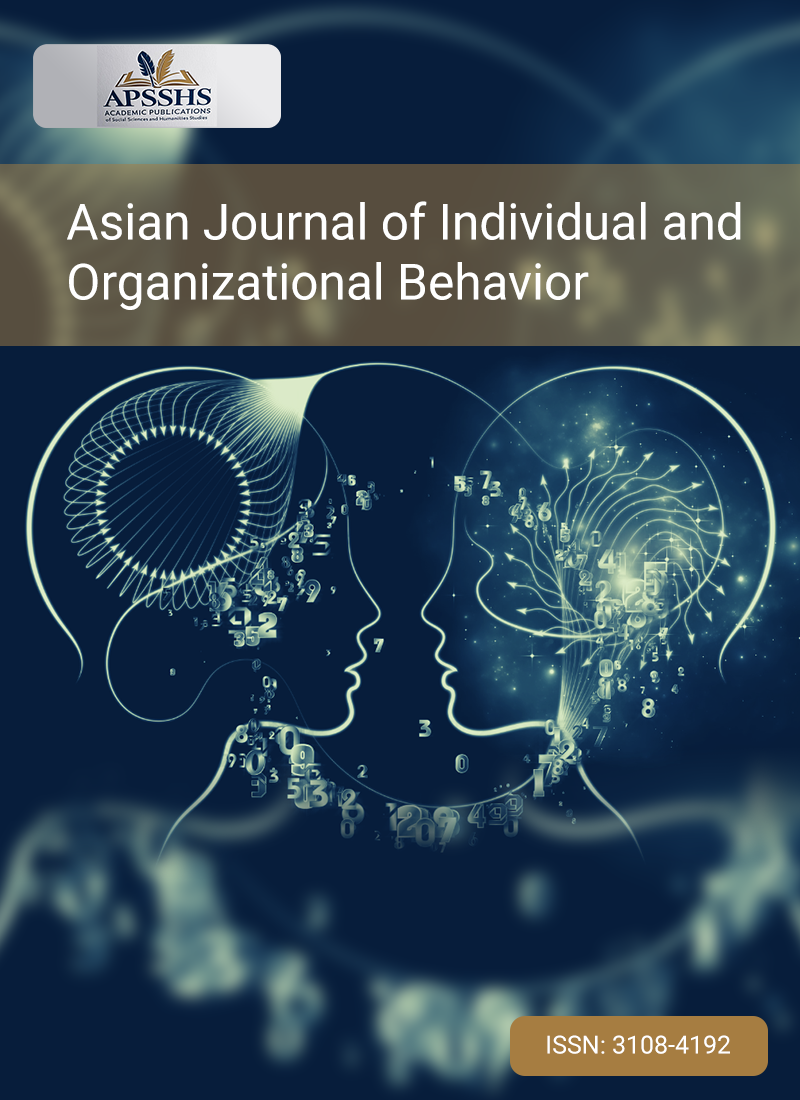
Zakat, as the fourth pillar of Islam, is obligatory for all Muslims upon reaching certain wealth thresholds, such as Haul and Nishab. Considering the significant potential of professional Zakat, efforts to harness this potential should continue. This research aimed to identify the factors influencing Zakat compliance among Muslims in the professional sphere. Using the theory of planned behavior (TPB), this study examines how various factors contribute to the intention to pay Zakat, which in turn influences compliance behavior. The key components influencing the intention include peer influence, positive attitudes, Zakat knowledge, the impact of religious leaders, and the quality of Zakat distribution. The study, conducted with 129 participants and using partial least squares (PLS) analysis, found that both Zakat knowledge and the quality of distribution positively impacted the intention to pay Zakat. Furthermore, the intention to pay Zakat was shown to enhance compliance behavior. This research adds valuable insights into professional Zakat compliance, especially in developing countries with Muslim majorities, where increased Zakat payments could be instrumental in alleviating poverty.